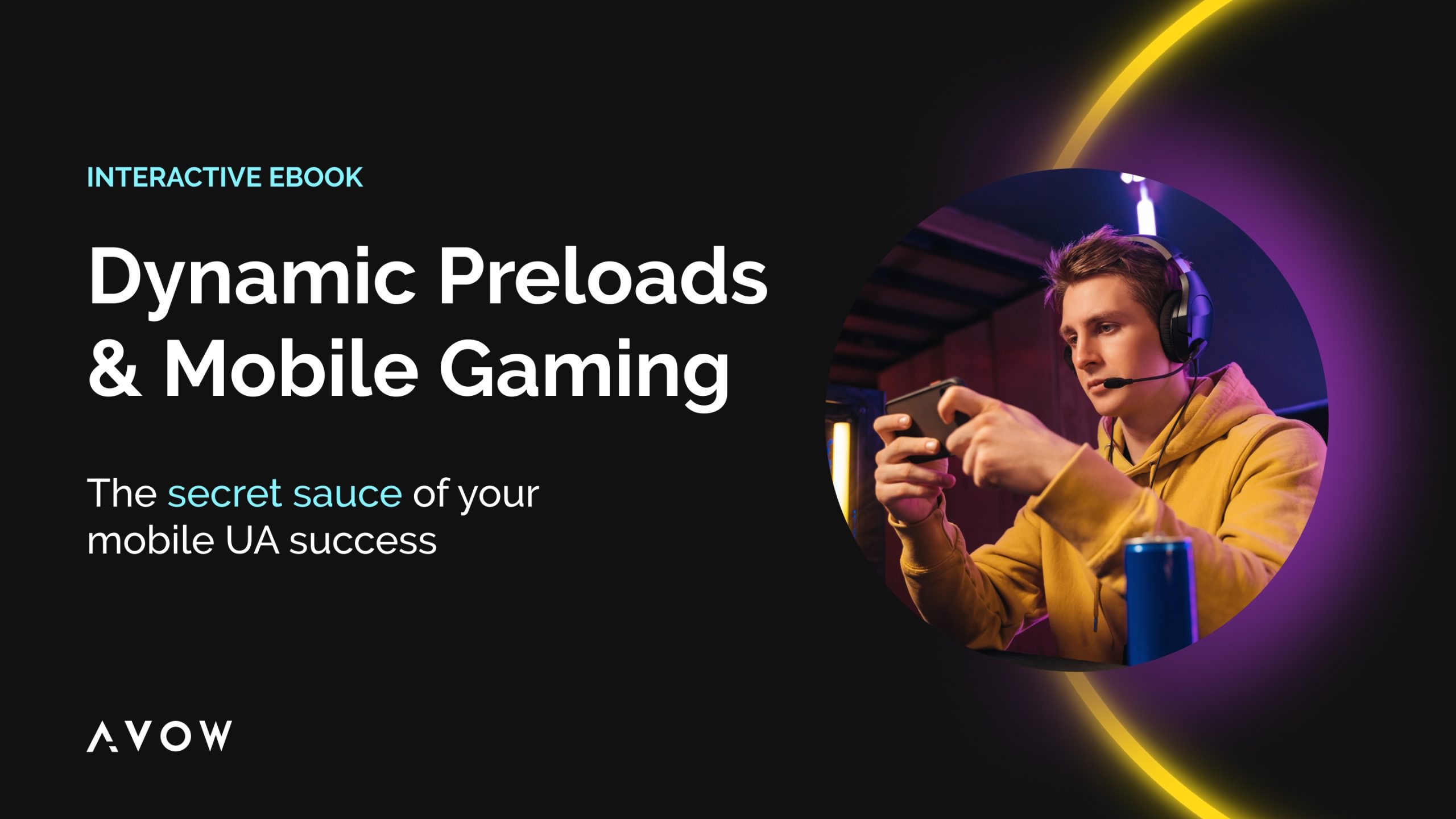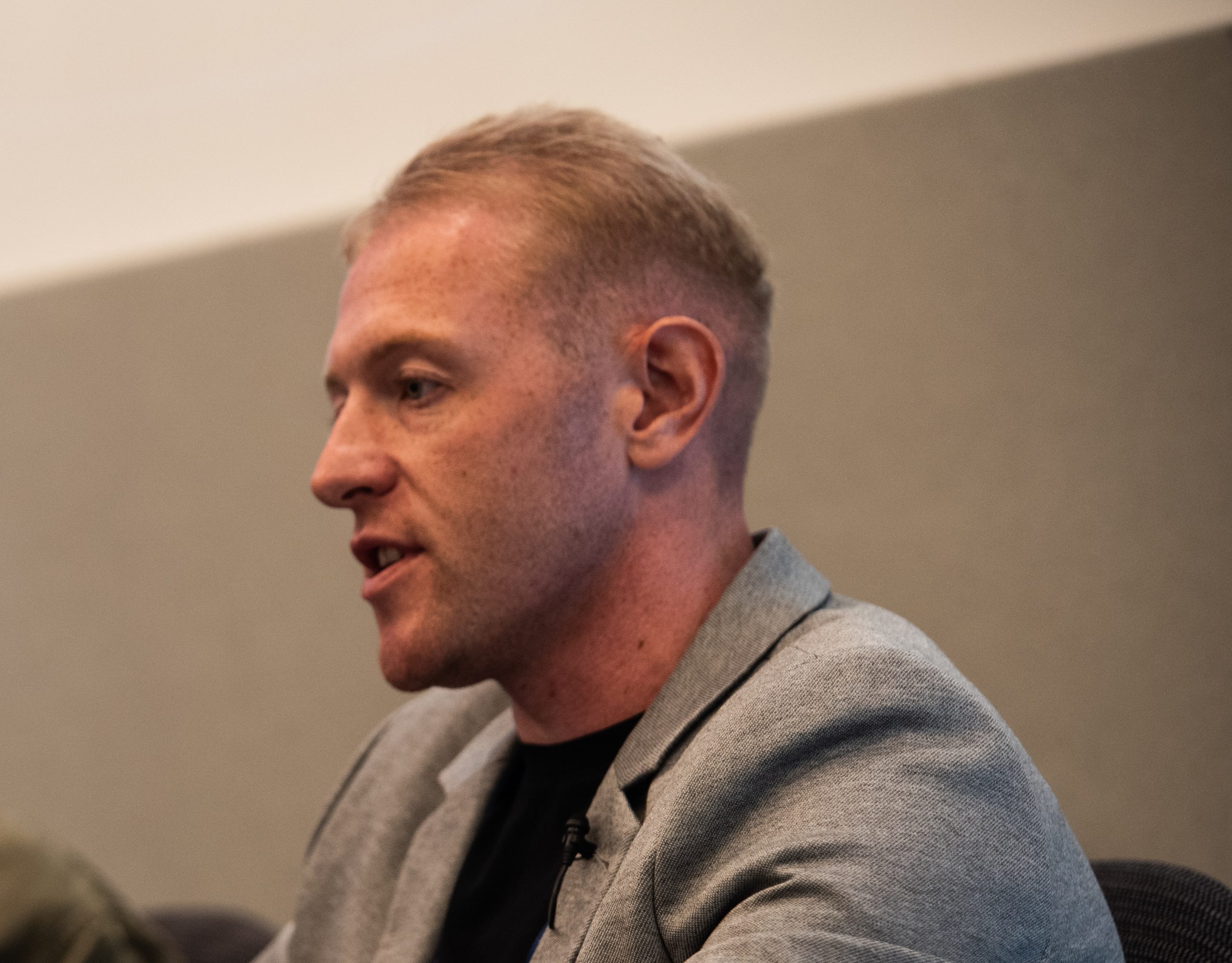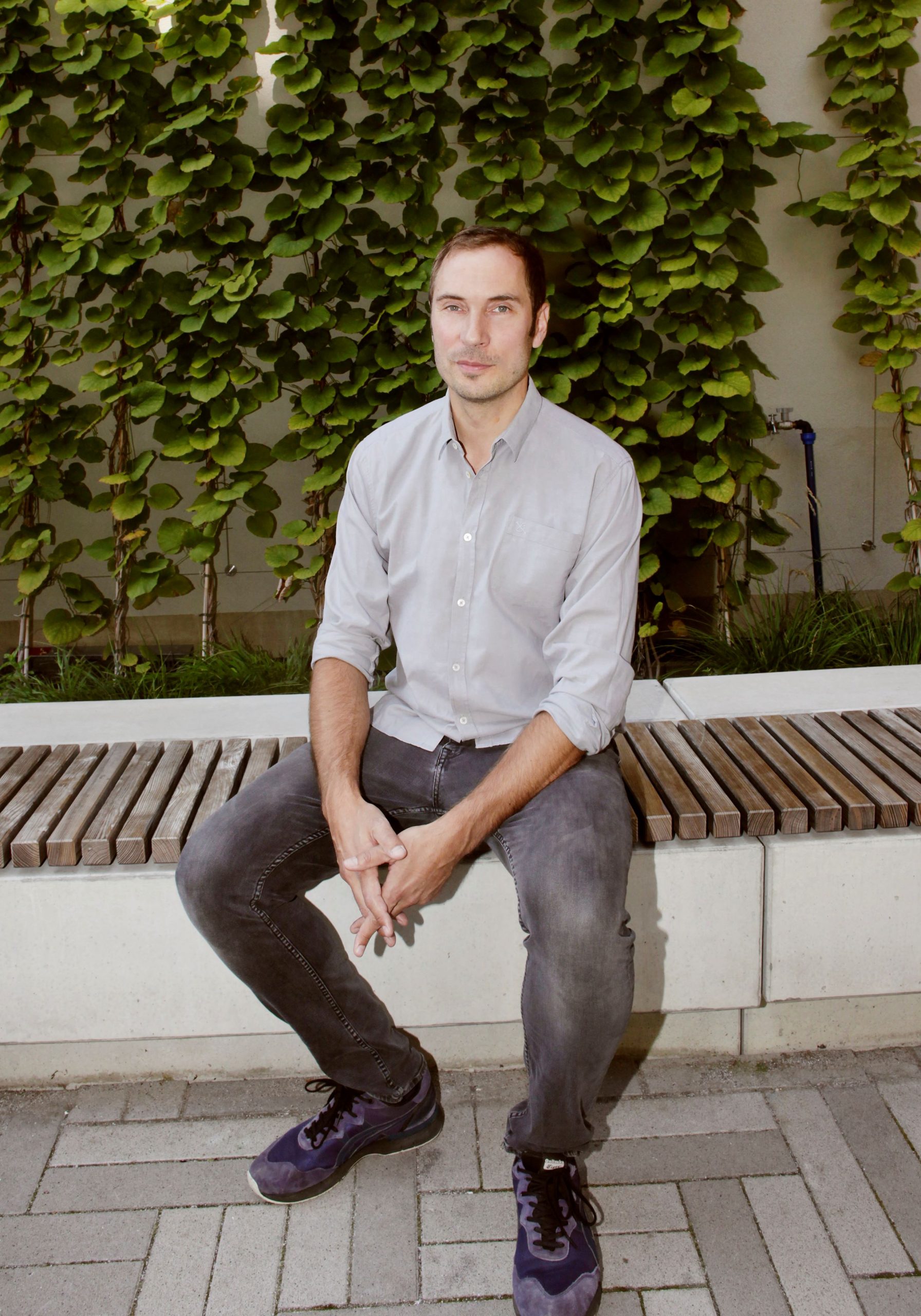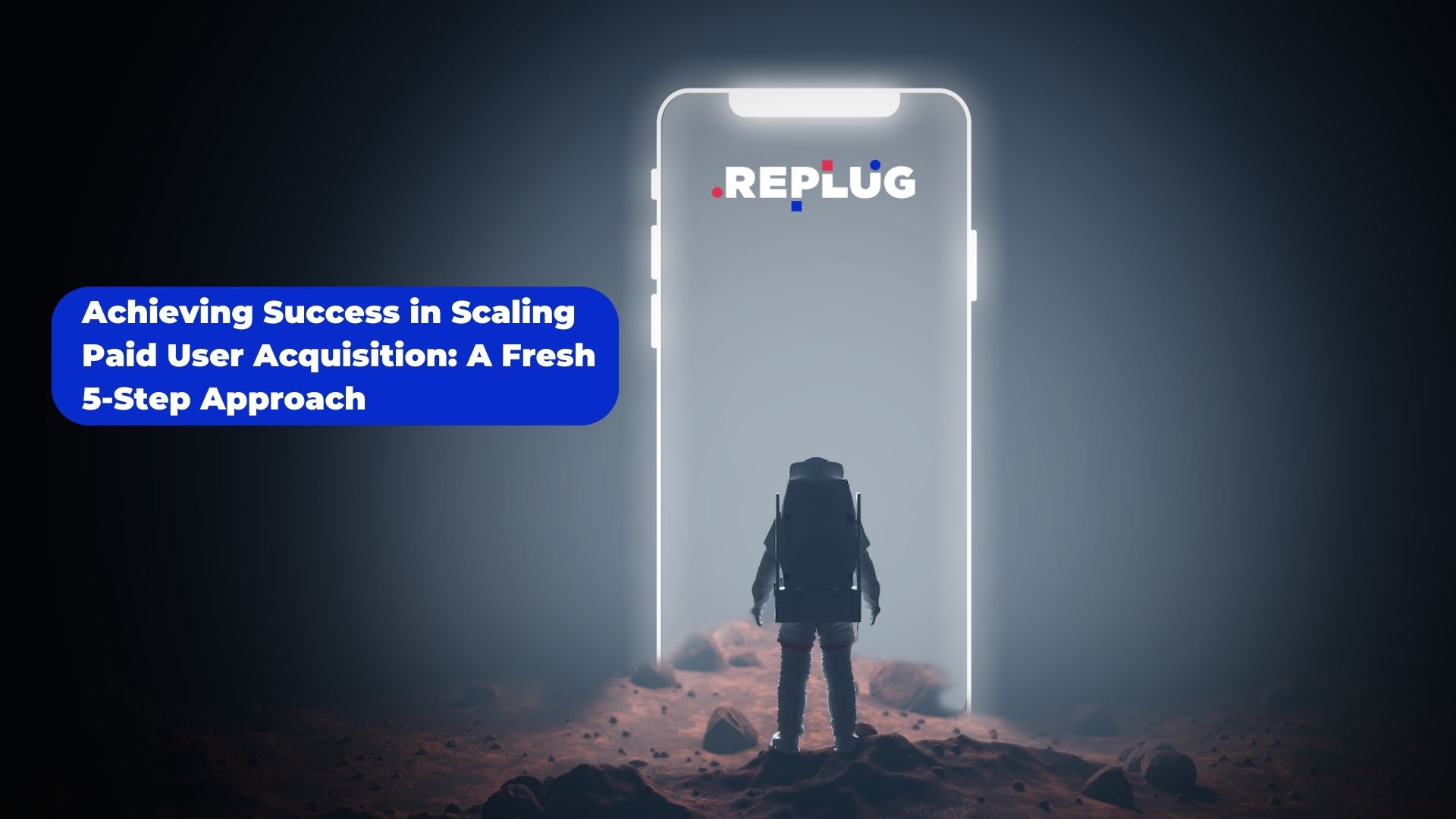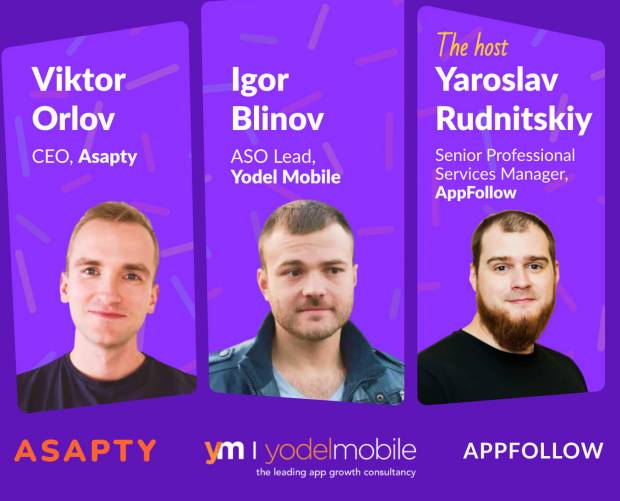 Mobile phones are more addictive than crack cocaine, writes Peter Sells, head of mobile at Havas EHS. That’s my reading of the stats anyway. More phone connections than babies born, more mobiles than toothbrushes, we look at our mobiles more than 150 times a day – yada yada. You’ve been to the presentations.
Mobile phones are more addictive than crack cocaine, writes Peter Sells, head of mobile at Havas EHS. That’s my reading of the stats anyway. More phone connections than babies born, more mobiles than toothbrushes, we look at our mobiles more than 150 times a day – yada yada. You’ve been to the presentations.
Media types get excited about these stats. I don’t. Not any more. The world is mobile. The year of mobile has actually arrived – so let’s stop talking about it. Let’s start talking about what this incredible transformation means. What it tells us about the people we serve and our strategies to service them. This is what I think it means.
The age of instant gratification
The fundamental offer of mobile, the reason why it is the fastest-adopted technology in history, is that it shortens the distance between what a person wants and what they get.
Mobile has shortcut the traditional path to purchase. You are in a race with the competition to get to the consumer and escort them on a delightful (and short) journey to meet their needs.
Take your phone out. Search for your direct competitor. Can you understand their offer and action (i.e. buy/contact) in less than 30 secs? Compare the user journey to that of your own brand.
UX = brand experience
Brand experience is the most powerful factor in determining propensity to purchase. Always has been. The fact is that BX increasingly starts on the phone. To digital natives your brand’s digital presence is, to a large extent, your brand. Your mobile SEO strategy not comprehensive, your destination site not optimised, your app’s interface poorly designed, your checkout process extended and clunky = bad brand experience.
Found a good mobile UX person? Christmas bonus time.
We are all service brands now
It doesn’t matter whether you make widgets or run a chain of restaurants, the only way your mobile offer will work is if it creates value – actual tangible utility. One of my favourite apps, Hailo, demonstrates the transformative and disruptive effect that mobile can have in making a market more efficient.
Let’s be honest. Mobile advertising is important and growing rapidly – like Mary Meeker says there are a lot of eyeballs and not enough media spend. But it’s a rounding error when compared to the $2 trillion mobile industry which is subsidised completely by the user – unique across media. They are happy to pay because of the value they receive.
If you want to exist and thrive in mobile you too have to create this user value. This is the reason most branded apps fail – no real value, no real point.
“Hello again Mr Sells”
Good service can only happen when you really know your customer. I’m still amazed that so few sites (web and mobile) are personalised. Personalisation is the definitive characteristic of every successful digital property, whether it be Amazon, Facebook or Google (the big daddy of user-centric service design).
Everything you know about that customer: previous purchase history, previous channels (off and online), click journeys, together with explicit opt in data should be driving a dynamic personalised offer. Remember, it is about reducing the gap between what they want and what they get. Data is apparently the new oil, so time to drill.
Content may be king, but convenience is King Kong
My client Dove scored an incredibly powerful success with the Sketches video – the most viewed ad in history. A significant proportion of these YouTube views were via mobile of course.
The trouble is that making good content is hard – really hard. And despite your content agency showing you yet another Red Bull case study that doesn’t mean you should be planning to jump out of a balloon anytime soon.
Convenience on the other hand, well that is something you can create easily. And it is something valued by consumers. Amazon’s Prime customers love getting their stuff next day so much they spend eight times more than other customers. Easyjet’s app has seen a dramatic increase in bookings and use of mobile boarding passes. Mobile is simply the ultimate expression of that convenience.
Having been in advertising for a few years, I’ve come to recognise that our job is not about creating ‘richer brand experiences’, its about making brand decisions easier for people – about reducing cognitive overhead. Mobile will be our primary tool in this endeavour.
Peter Sells is head of mobile at Havas EHS





